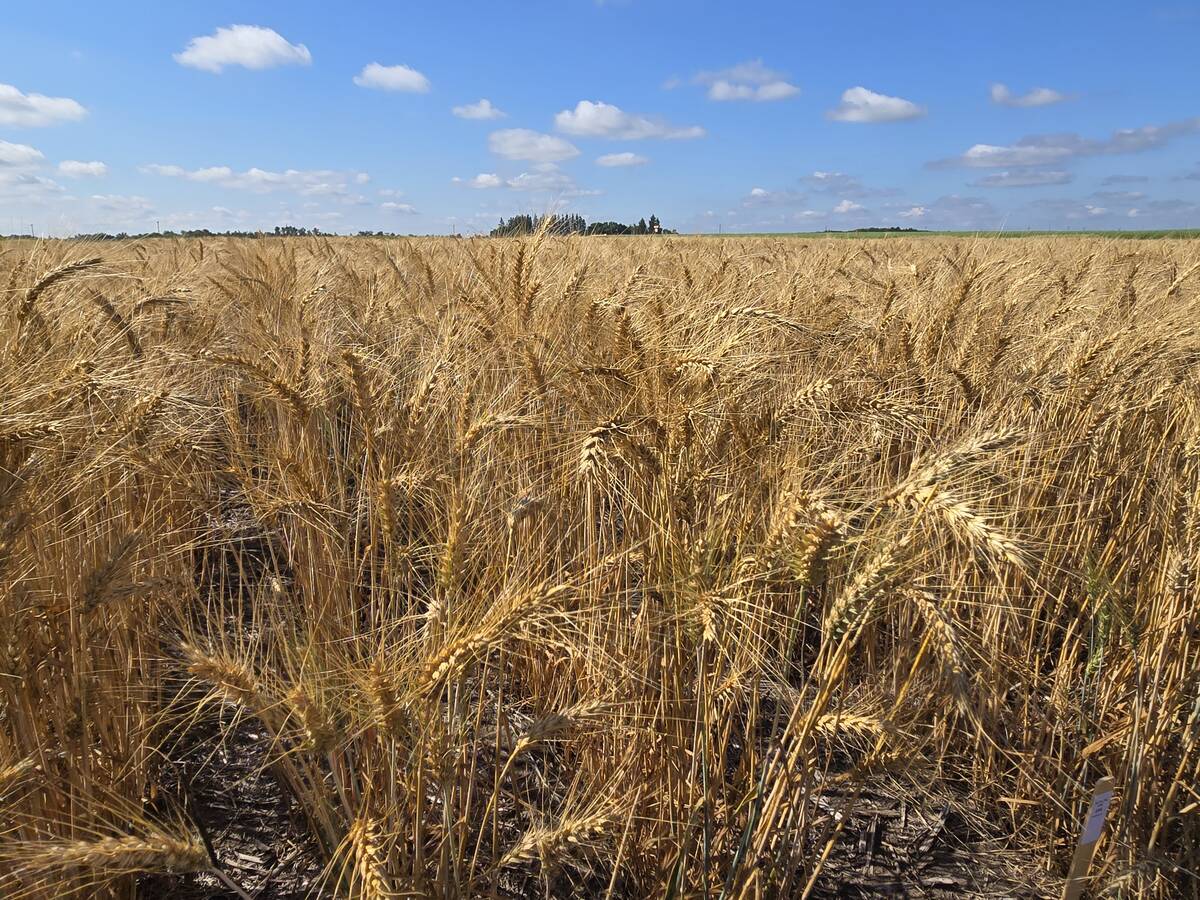Manitoba corn producers showed some pluck by challenging government programs in the United States that help farmers survive prices below their cost of production.
Economist Larry Martin said the U.S. government is getting what it deserves for its “stupid subsidies that are screwing up the market.
“I think it looks good on them, frankly,” said Martin, head of the George Morris Centre think-tank in Guelph, Ont.
But Martin questioned why the Canadian government would apply a duty on imports for one region rather than the entire country.
Read Also

Fall rye hits record high in Manitoba
Winter cereals 2025: More Manitoba fields grew fall rye in 2025 than ever before, but winter wheat slipped and, while spring stand survival was good, drought took its toll
“It’s really a funny decision,” said Martin, who knows of shippers who have already figured out how to make a profit shipping U.S. corn to Western Canada duty-free through Ontario.
Martin believes the duty will stop most corn imports, but won’t have a significant impact on corn prices in Western Canada because of large supplies of alternate feed grains.
He said lawyers and economists will emerge as the biggest winners from this trade challenge, while livestock producers will be the main losers.
Martin said the challenge will have little impact on already abysmal agricultural trade relations between Canada and the United Sates.
But the president of the Canadian Cattlemen’s Association said he’s worried about the optics of the challenge.
John Morrison said CCA leaders will soon talk to their U.S. counterparts to assure them they had nothing to do with the corn growers’ challenge.
“We don’t want to encourage or spark any further trade action with the U.S.,” said Morrison, recalling the $5 million spent on a U.S. challenge of the Canadian cattle industry.
“Think of the promotion and research we could have done with $5 million,” he said. “What a waste.”
The CCA wants the World Trade Organization to change its definition of dumping to prevent challenges like this one.
“We feel it (dumping) should be predatory pricing only,” Morrison said.
“In this agriculture business, we all sell below the cost of production occasionally through no fault of our own.”
Morrison said the corn duty won’t likely have a major impact on cattle producers, who rely more on barley than corn.
A spokesperson for the U.S. National Corn Growers Association said the group is considering its options for opposing the duty.
Stewart Reeve said the western Canadian market takes only a small part of total U.S. corn exports, but it’s an important market for corn growers in Minnesota and the Dakotas.
The duty “hurts farmers on both sides of the border,” Reeve said.














